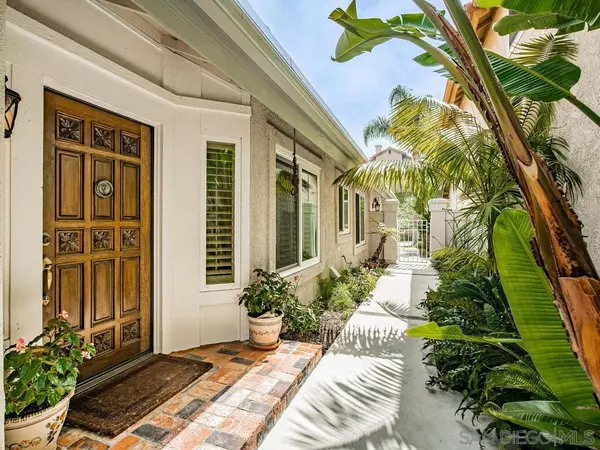Explore San Diego Listings
- 1/39 394 Beds 4 Baths 3,924 SqFt$3,300,000Open Sun 2PM-4PM
- 1/28 284 Beds 2 Baths 1,440 SqFt$309,900Open Sat 12PM-2PM
- 1/49 493 Beds 3 Baths 2,264 SqFt$2,249,000Open 1/11 9AM-12PM
- 1/24 243 Beds 2 Baths 1,193 SqFt$499,000Open 1/11 12PM-3PM
- 1/33 335 Beds 4 Baths 2,820 SqFt$3,999,999Open 1/11 2PM-4PM
- 1/27 273 Beds 2 Baths 1,258 SqFt$1,199,000Open 1/11 1PM-4PM
Recently from Our Blog
Carmel Valley CA Real Estate
Welcome to ExploreCarmelValley.com, your one-stop source for Carmel Valley and San Diego real estate.
Use our state-of-the-art property search, including an interactive map search, to find homes for sale in Carmel Valley and San Diego. These listings are updated daily from the MLS.
Or, use our Community Guide to help you in your search for Carmel Valley and San Diego real estate listings. Our community searches will keep you up to date with the latest properties in the areas you are interested in.
And, for your convenience, be sure to register for a free account to receive email notifications whenever new homes for sale come on the market that match your specific criteria, and save your favorite properties for quick and easy access whenever you need — it's fast, easy, automatic and FREE! With a Property Tracker account, you'll be among the first to know about the newest homes for sale in Carmel Valley.
Thanks for visiting ExploreCarmelValley.com, home of exquisite properties and excellent service.









